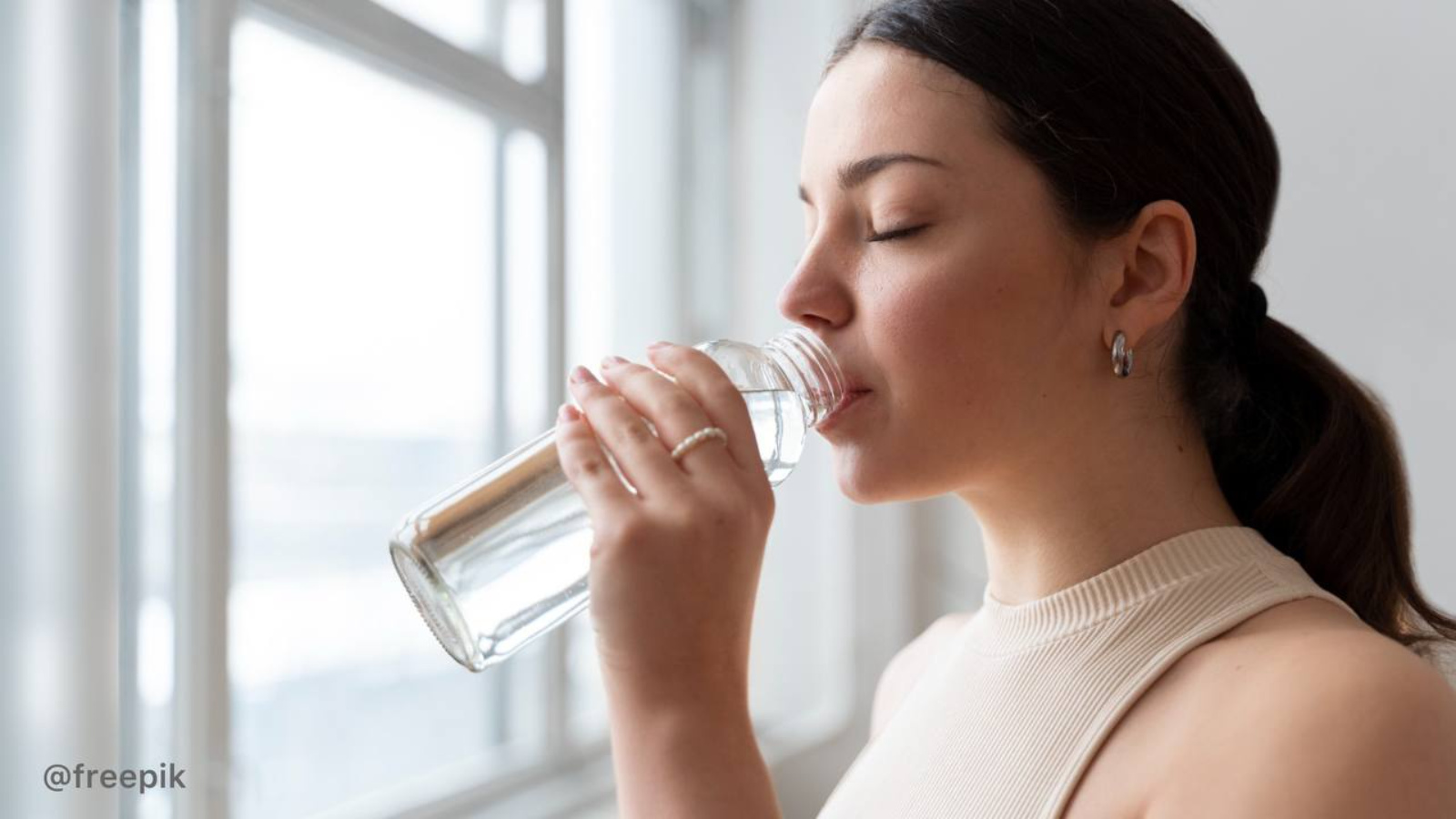Water function in human’s body

Water in the human body helps to convert food into energy, absorb nutrients, regulate body temperature, participate in metabolism, protect vital organs, smooth joints and remove various toxins from the body.
One of the main functions of water is to maintain the water and salt balance in the body. It helps to maintain an optimal level of electrolytes in cells and blood, which is necessary for the regular functioning of all organs and systems.
Water is also involved in regulating body temperature. At elevated air temperature or physical exertion, it helps to cool the body by evaporation through the skin and respiratory tract.
Moreover, water plays an important role in digestion, it activates the process of hydrolyze (lipid splitting).
Water deficiency causes many serious problems:
- violation of the water and salt balance, which can provoke urine calculus or kidney stones;
- negative impact on joints, increasing the risk of developing arthritis and arthrosis;
- boost of blood viscosity, the risk of strokes, heart attacks, thrombosis, venous varices;
- violation of digestion; there is a slowdown in the production of digestive enzymes, while vermicular movement is disrupted, which can lead to inflammatory processes in the stomach and intestines;
- skin inelasticity, it becomes thinner, looks tired and is prone to wrinkles.
How to know your daily water intake?
It is recommended to consume 30 milliliter of liquid per 1 kg of body weight. If the weight is 55 kg, then 30x55 = 1650 milliliter or 1,65 liters of water per day is needed.
It is important to maintain an appropriate level of water consumption to maintain health. Therefore, regular consumption of water in sufficient quantities is the key to the health and well-being of the body.